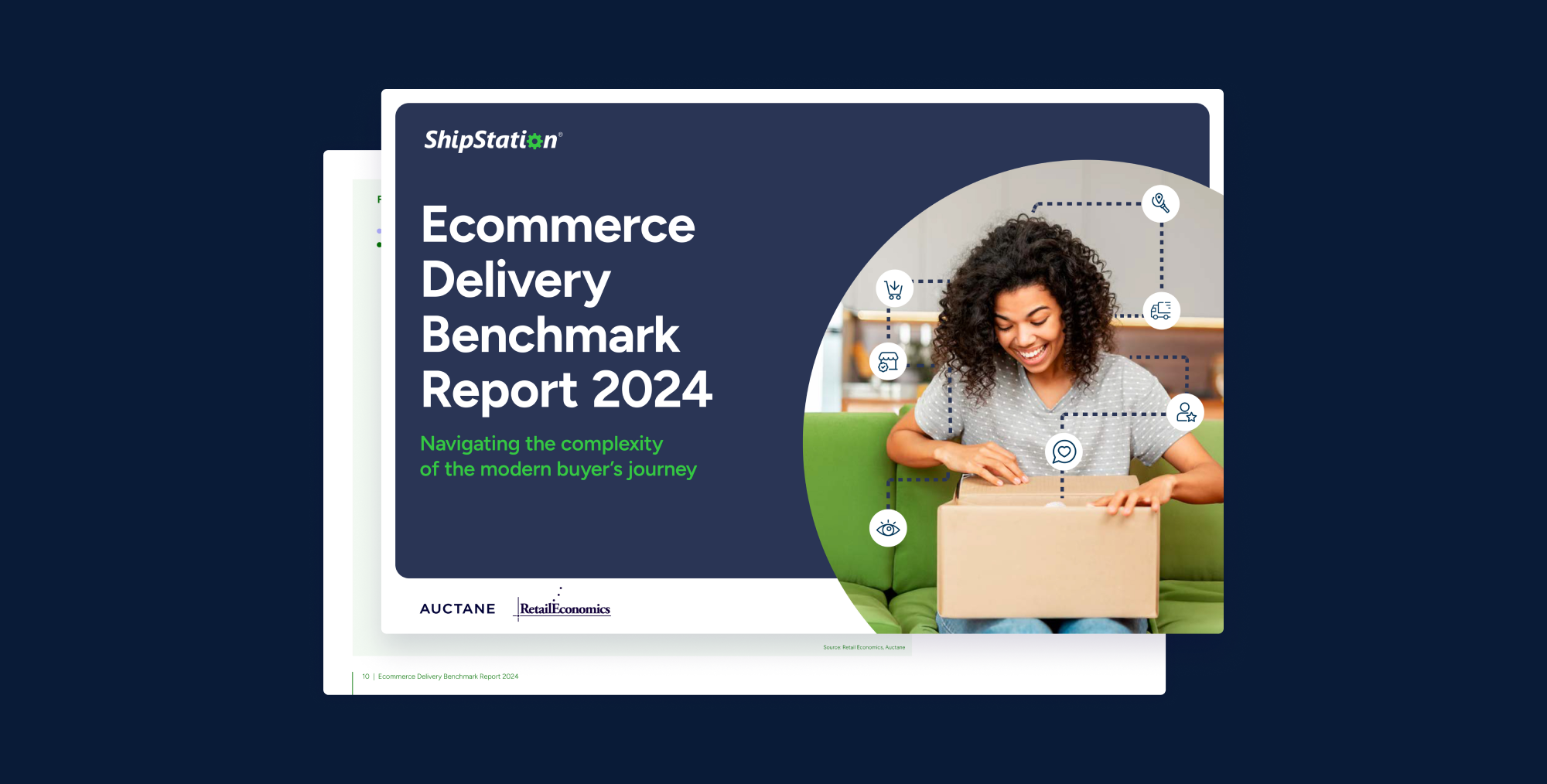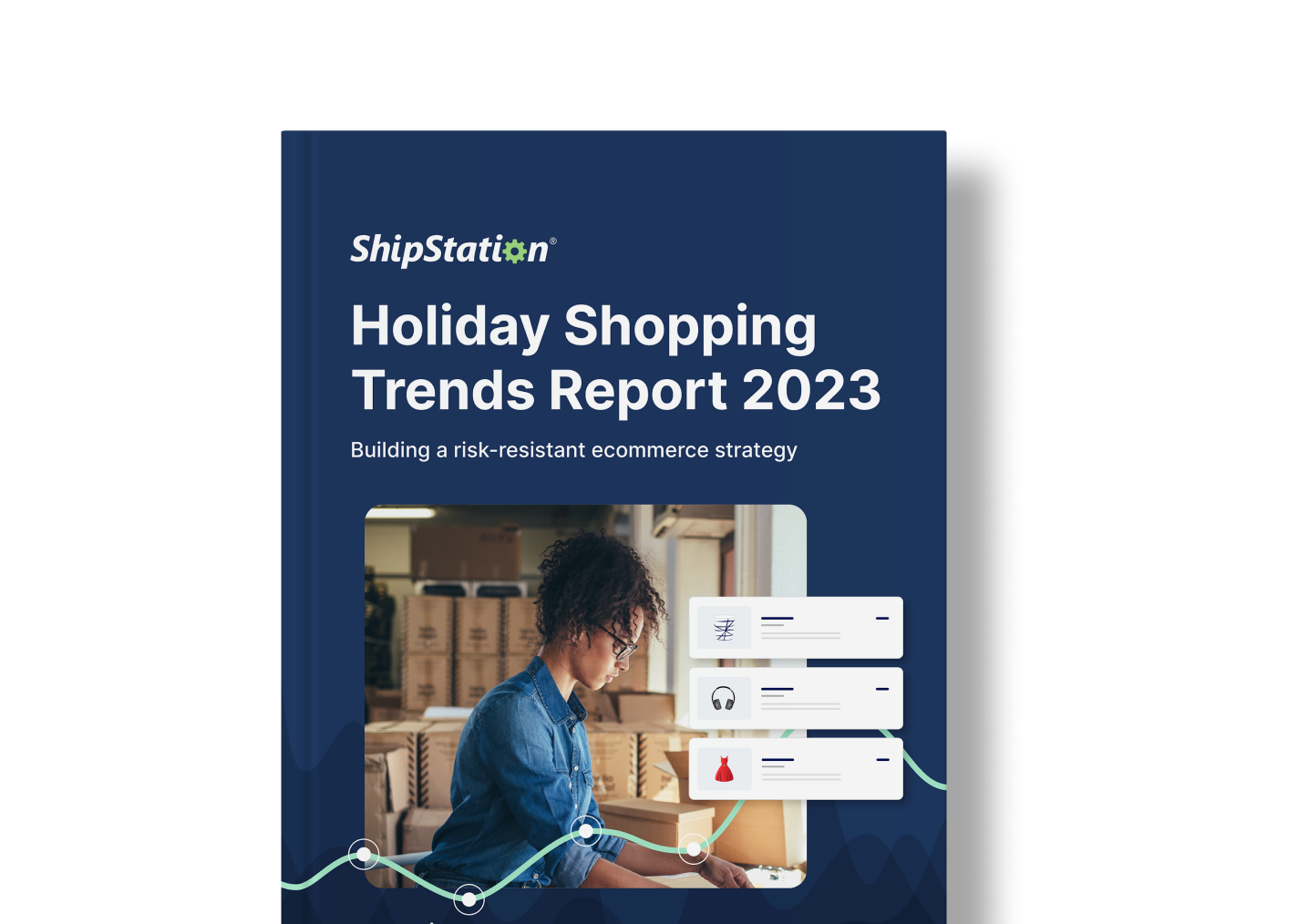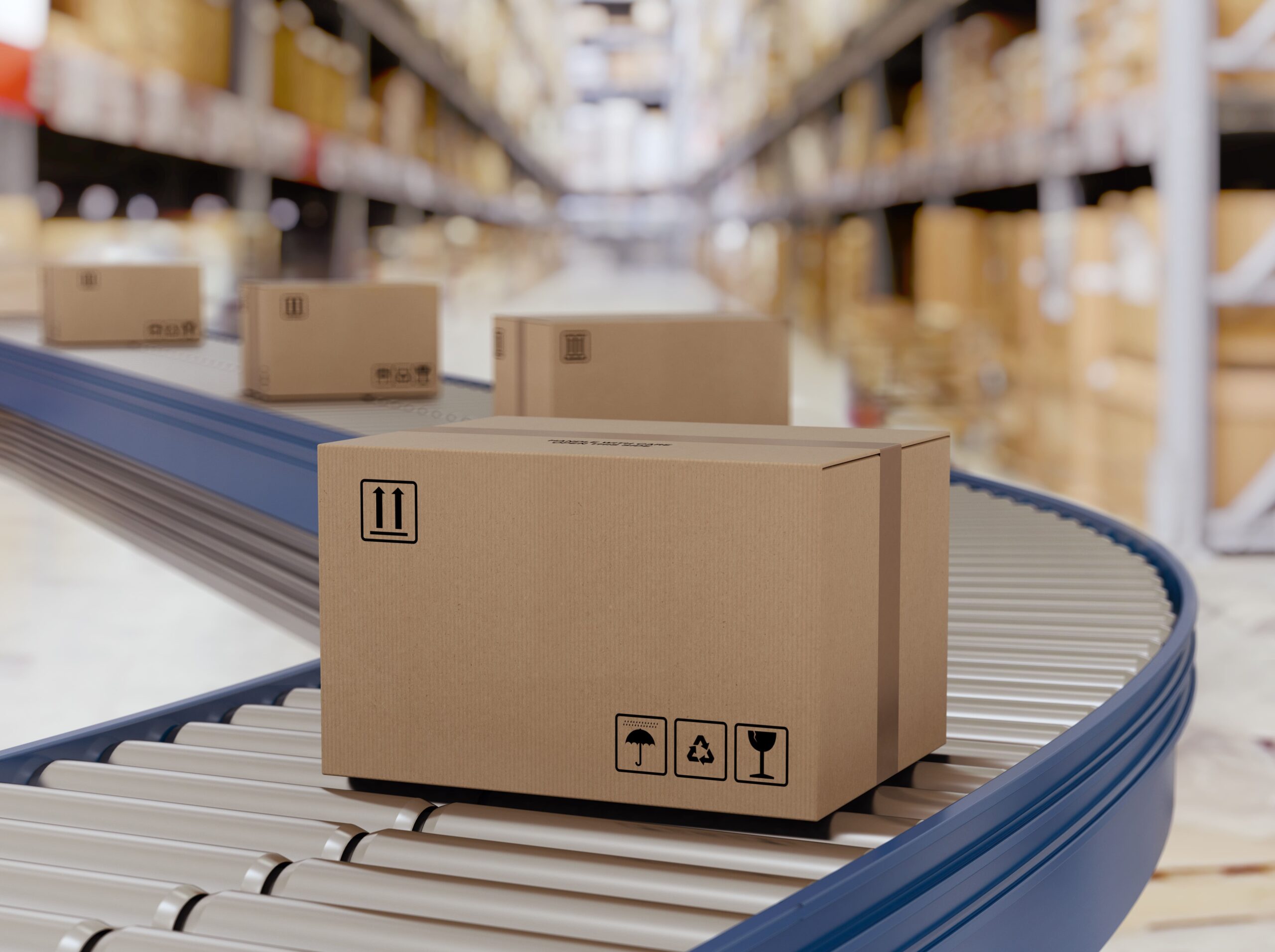How the IOSS and Recent Changes to VAT Costs Impact Shipments to the EU
Effective July 1st, 2021, value-added taxes (VAT) will apply to orders valued at under €22. Because this additional fee can become a make-or-break deciding factor for customers placing orders with international merchants, the Import One-Stop Shop (IOSS) is now available. The IOSS allows merchants to pay the value-added taxes on orders valued at up to €150, not just those valued at under €22.
What is a Value-Added Tax (VAT)?
A value-added tax (VAT) is a tax applied to a product whenever value is added at any stage in the supply chain—from production to the point of sale. So, a VAT can be applied if raw material imports to be turned into another product that is then sold internationally. One way to look at it is an import country charges the exporter or customer for any manufacturing or commerce that could have hypothetically been done domestically. The cost of the VAT that is paid is based on the cost of the product, minus any of the costs of materials used in the product that has already been taxed.
What is the IOSS?
The IOSS (Import One-Stop Shop) allows suppliers and merchants selling imported goods to customers in the EU to collect, declare, and pay the VAT to the tax authorities, instead of making the buyer pay the VAT at the moment the goods are imported into the EU as it was previously the case (for products over 22 EUR). You can use the IOSS to cover VAT fees for consignments of up to €150.
If you do not use the IOSS, your customers WILL pay the VAT upon delivery.
What are the advantages of the IOSS?
The IOSS simplifies the collection, declaration, and payment of VAT (value-added taxes) for orders originating outside of the EU imported to buyers residing within the EU. The IOSS also makes the shipping process easier for the buyer. Now, they are only charged at the time of purchase, and therefore does not have to face any surprise fees when the goods are delivered.
If the seller is not registered in the IOSS portal, the buyer WILL pay the VAT and, usually, a customs clearance fee charged by the transporter.
What is Covered by the IOSS?
The IOSS covers the sale of goods from a distance that are:
- purchased from a seller originating outside of the EU and then imported into the EU.
- dispatched via a carrier with a value that does not exceed a total of €150 (low-value goods) even if the order contains more than one item;
- not subject to excise duties (excise duties are typically applied to alcohol or tobacco products).
How Much Will Value-Added Taxes Cost Me?
Sellers registered in the IOSS must apply VAT when selling goods destined for a buyer in an EU-member country. The VAT rate is the one applied in the EU-member country where the goods are to be delivered. For more information on the VAT rates in the EU is available on both the European Commission website and on the websites of national tax administrations.
Is IOSS Registration Required?
You do not have to register for the IOSS in order to ship to EU-member countries. However, if you do register with the IOSS for one country, you must do so with all countries you do business with in the EU. It is not allowed to mix VAT systems with multiple EU-member countries.
How Do I Register for the IOSS?
You can register your business on the IOSS portal of any EU-member country. If your business is not based in the EU, you will likely need to appoint an EU-established intermediary to fulfil your VAT obligations under IOSS. A coompany such as Avalara offers this service for all EU-member countries. Your IOSS registration is valid for all distance sales of imported goods made to buyers in the EU.
ShipStation’s IOSS Support
The IOSS number MUST be provided on custom declarations to be authorized. ShipStation allows you to apply different tax IDs for your international shipments. It is simple to apply your IOSS number to pay VAT charges for your international orders within ShipStation. This will automatically apply to all applicable international orders.
How ShipStation Can Keep International Shipping Costs Low
ShipStation’s partnership with leading carriers allows you to save a lot of money on international shipping. Even as taxes and surcharges increase, you can keep your shipping costs as low as possible.
Sign up for ShipStation now to start saving on both your international and domestic shipping.





